Affiliate links on Android Authority may earn us a commission. Learn more.
Teardown reveals the insides of world's thinnest smartphone
Published onDecember 15, 2014

Smartphones may be featuring larger displays lately, but this year has also seen a renewed race to produce the thinnest handset on the market. The new 4.85 millimeter thick OPPO R5 was quickly surpassed by the 4.75 millimeter vivo X5 Max, and this teardown gives us a look at just how such a thin smartphone is constructed.
As you would expect, no room goes to waste inside the vivo X5 Max. The L-shaped compact motherboard inside comes in at just 1.7mm thick and has various integrated circuits, resistors and capacitors all jammed up right against each other to maximise the use of space. The dual SIM slots and microSD reader also fit snugly onto the board.
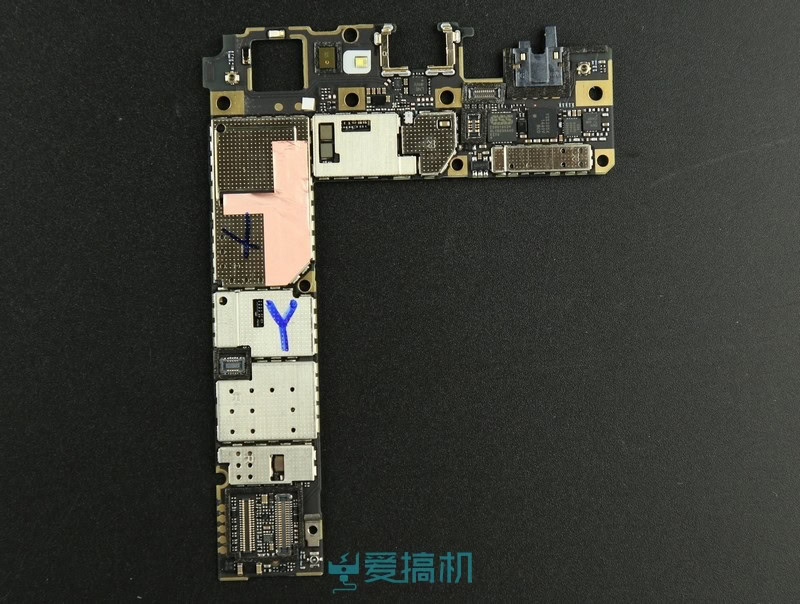
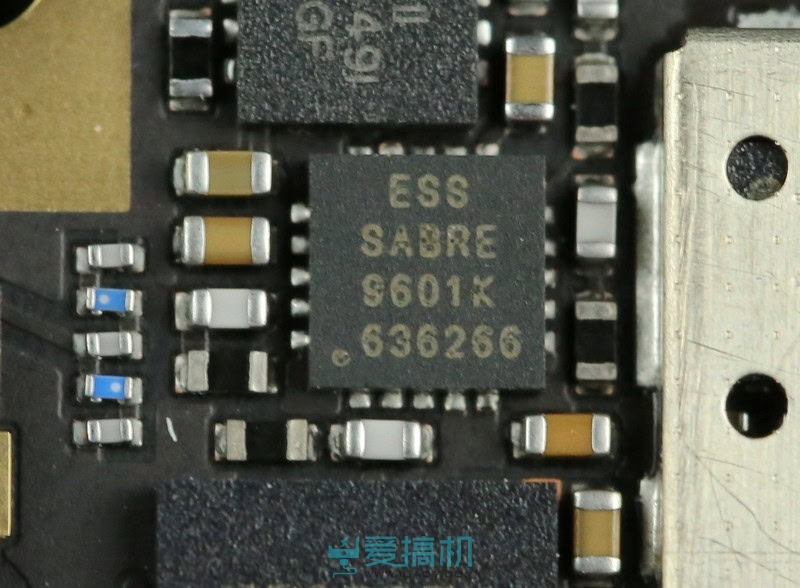
The other components have been chosen to help keep an equally ultra-low profile, from the two camera modules down to the 2000mAh battery. The limited battery capacity is almost certainly a choice dictated by the small amount of space available inside the handset.
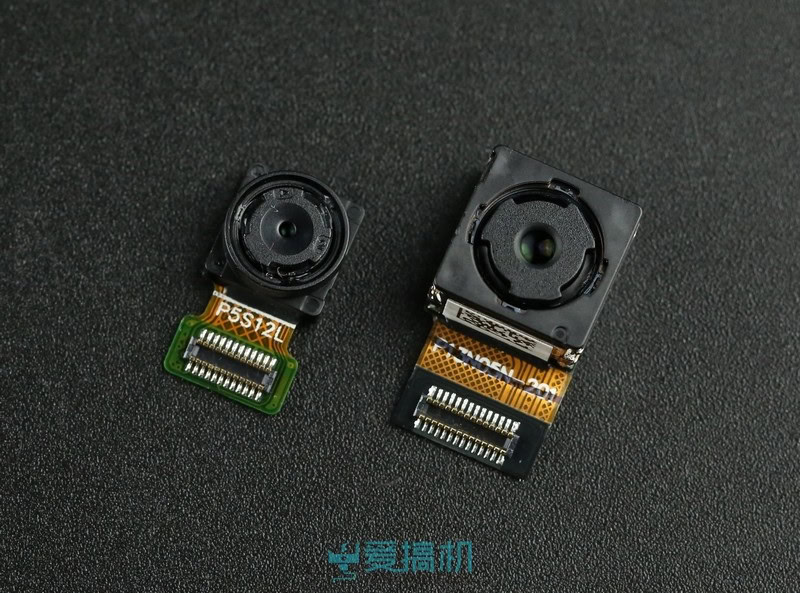

Interestingly, the smartphone retains a standard 3.5mm audio jack, unlike the OPPO R5 which replaced this component with a smaller proprietary port that only worked with the supplied earbuds. This appears to have been accomplished by placing the jack in-line with the motherboard, rather than the traditional method of soldering the connection on top of the board. The ES9018K2M digital analog converter, Yamaha surround sound DSP, and amplifier chips are located right by the connection.
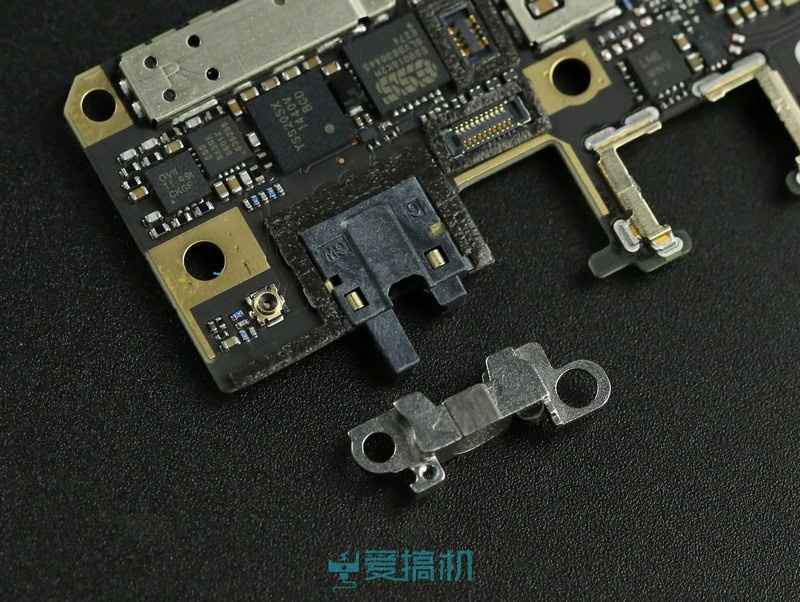
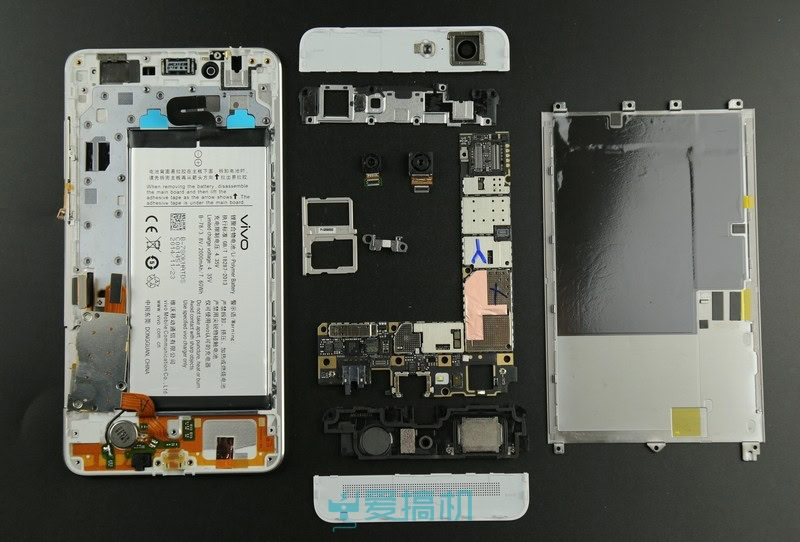
The vivo X5 Max is certainly an impressively compact piece of engineering. Do you think that anyone will be able to build anything even thinner?